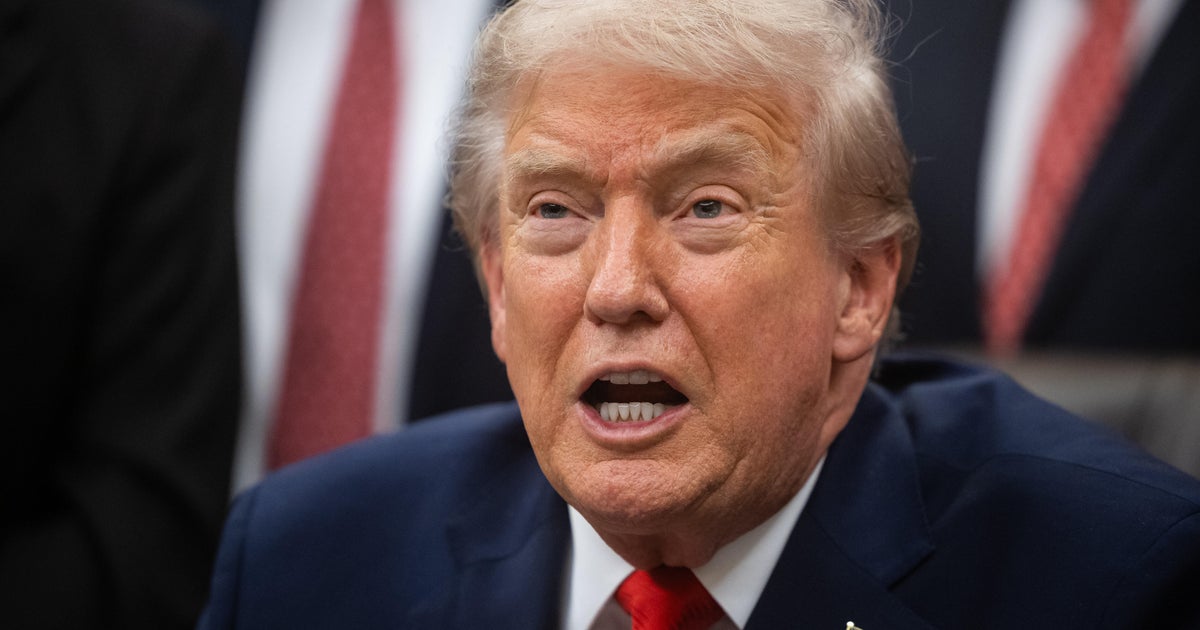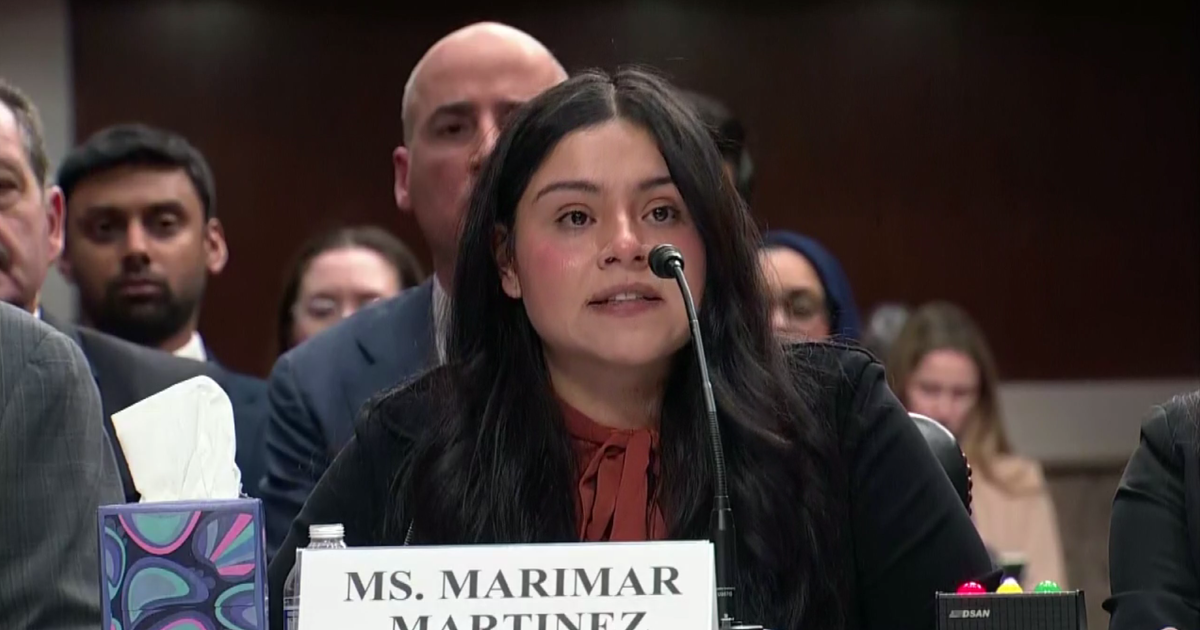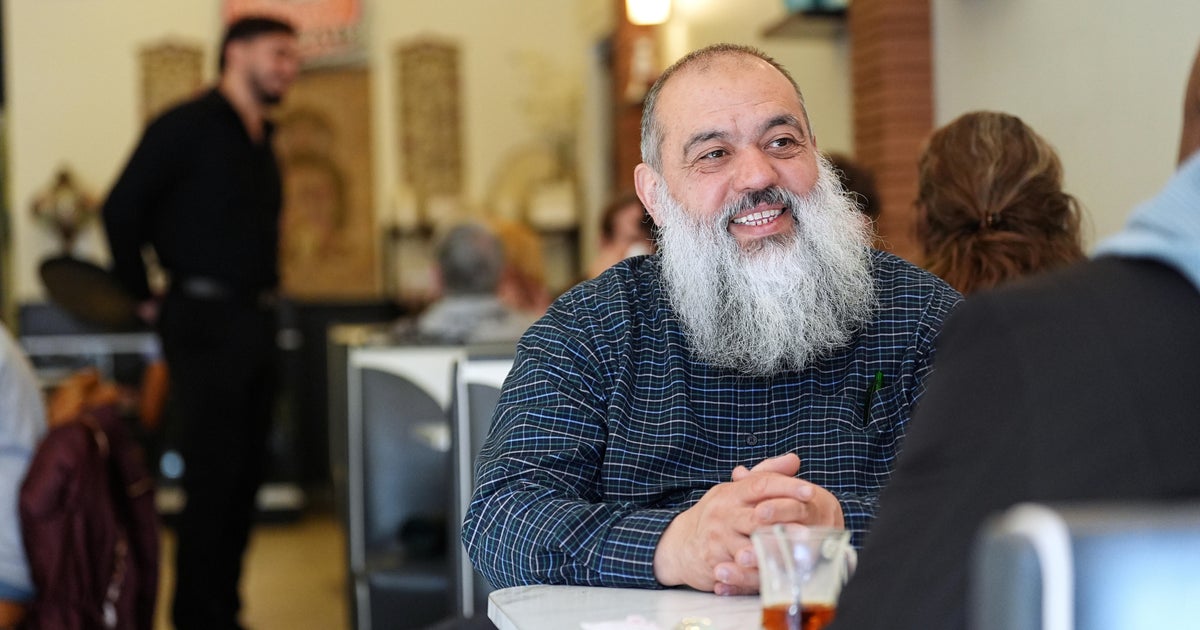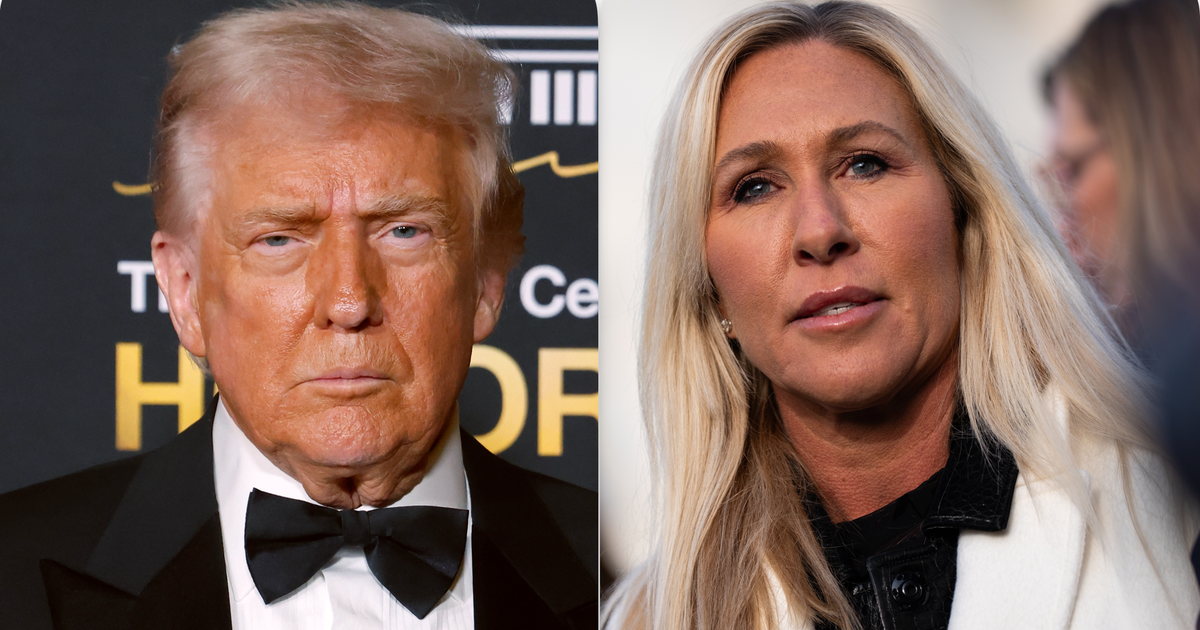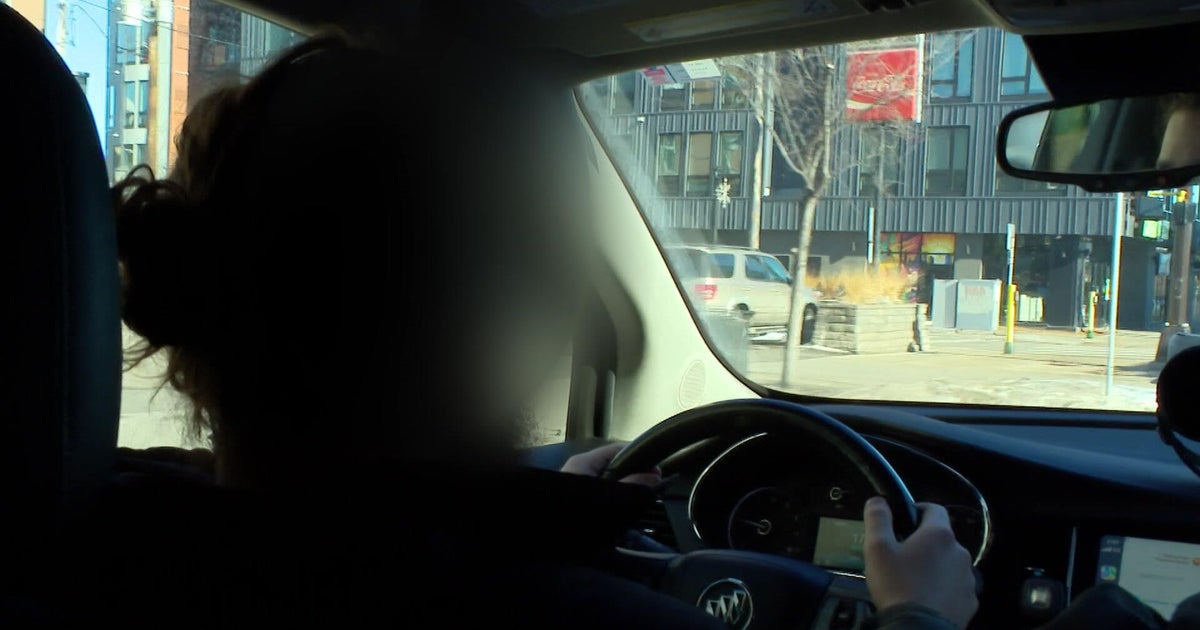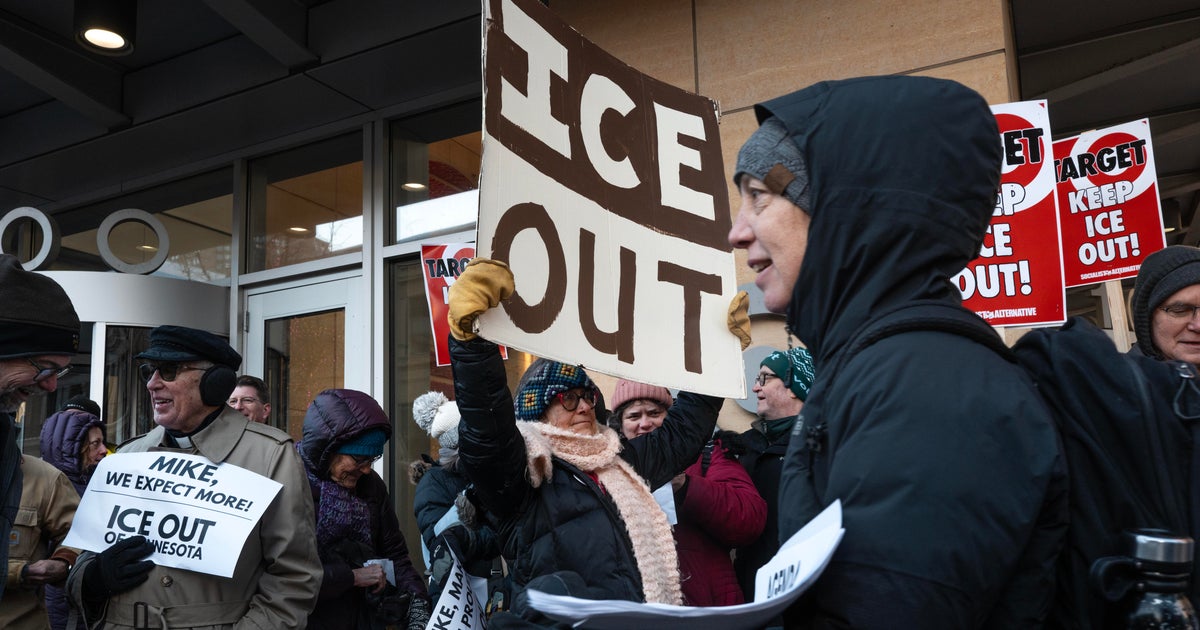This Is How The Impeachment Process Works
MINNEAPOLIS (WCCO) -- The United States House begins historic public impeachment hearings Tuesday, setting in motion President Donald Trump's possible removal from office.
The House could vote to impeach by the end of the year, then the Senate would put the president on trial.
Here Is How It Works:
If the House votes to impeach the president, it's like a grand jury indictment.
Then the Senate will put President Trump on trial -- with a judge and a jury.
It's in the Constitution: "The Senate shall have the sole Power to try all Impeachments. When sitting for that Purpose, they shall be on Oath or Affirmation."
It may look a normal Senate session, but there's nothing normal about it.
There's an actual trial, presided over by Supreme Court Chief Justice John Roberts.
That's in the Constitution, too: "When the President of the United States is tried, the Chief Justice shall preside."
All other Senate business will stop.
The impeachment trial continues all day, six days a week – with only Sundays off.
All 100 Senators must be present -- as in at their desks, in person.
And, something completely different for politicians: All Senators must remain silent-- like a courtroom jury.
House lawyers would prosecute the President, present evidence and call witnesses.
White House lawyers would be defending President Trump, cross-examining witnesses or bringing witnesses of their own.
President Trump has the right to defend himself in person, as he has done hundreds of times on Twitter and television. But in a Senate trial, Trump would be under oath and face cross examination.
There's no deadline for ending an impeachment trial, although a majority of Senators can vote anytime to dismiss the charges.
President Bill Clinton lied under oath about having an affair, telling the country, publicly, "I did not have sex with that woman." His trial took five weeks. He was impeached, but acquitted. That's because two-thirds of the Senate must vote to convict a president and remove him from office.
A second vote would ban the president from ever seeking the office again, just as the 2020 re-election year unfolds -- something that's never happened in American history.
Here are some of the sources we used for this Reality Check:
Article I Of The U.S. Constitution
Article II Of The U.S. Constitution
U.S. Congressional Research Service: Impeachment And Removal
The Heritage Guide: Trial Of Constitution
CNN: "A Fractured Senate Looks To The Past For Impeachment Trial Game Plan"
